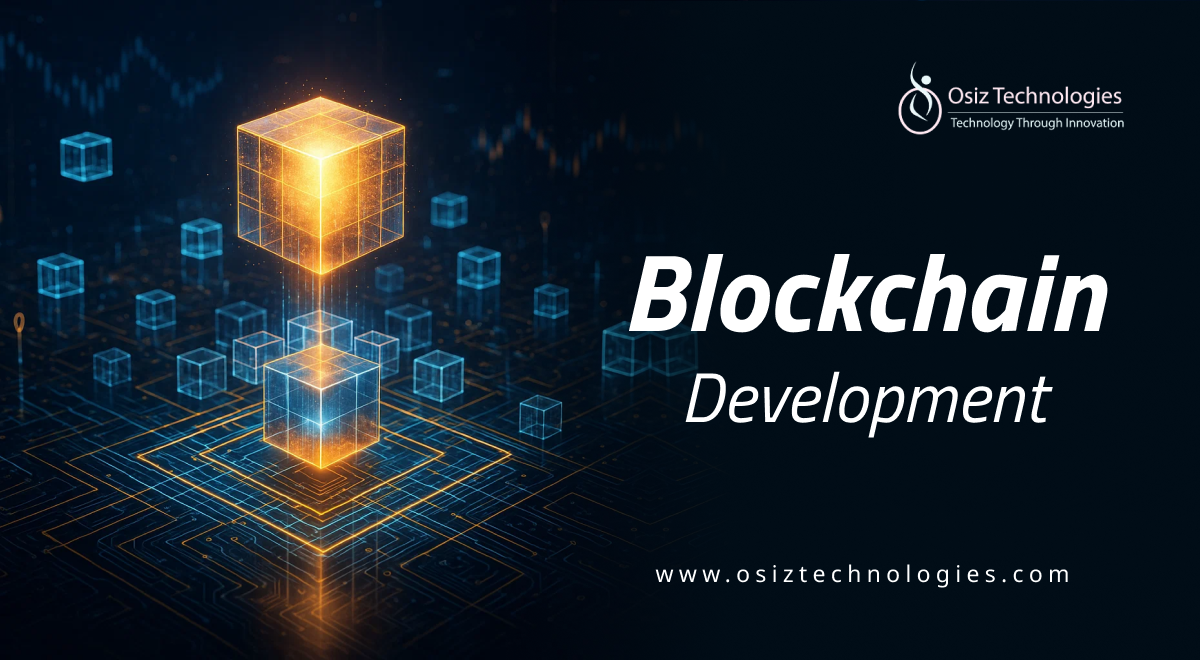In an increasingly digital world, the need for robust data security solutions has never been more critical. Blockchain technology, with its decentralized architecture, offers innovative approaches to safeguarding sensitive information. This article explores various blockchain solutions for data security, emphasizing the importance of privacy, identity management, and compliance. From healthcare to enterprise applications, blockchain's potential to enhance cybersecurity is vast and transformative. Join us as we delve into the nuances of blockchain data security solutions and discover how they can revolutionize the way we protect our data.
Understanding Blockchain Technology
Blockchain is a distributed ledger technology that records transactions across multiple computers in a way that ensures the security and transparency of data. Unlike traditional databases, which are centralized, blockchain operates on a decentralized network, making it less vulnerable to attacks. Each block in the chain contains a number of transactions, and once recorded, the data cannot be altered without the consensus of the network. This immutability is one of the key features that make blockchain a powerful tool for data security.
The Importance of Data Security
Data breaches and cyberattacks are on the rise, leading to significant financial losses and reputational damage for organizations. According to a report by Allianz Commercial, the global blockchain security market is projected to grow from $20 billion to $250 billion in five years, driven by the increasing demand for enhanced security measures. As businesses transition to digital platforms, implementing effective data security solutions becomes paramount.
Blockchain for Data Privacy
Privacy is a major concern in the digital age. With the rise of data collection practices, individuals are becoming more aware of their rights regarding personal information. Blockchain technology can provide solutions for data privacy through decentralized identity management and self-sovereign identities. By allowing individuals to control their own data, blockchain empowers users to share information selectively, enhancing privacy and reducing the risk of data misuse.
Decentralized Data Protection
Decentralization is at the heart of blockchain technology. By distributing data across a network, blockchain minimizes the risks associated with centralized data storage. In a decentralized model, even if one node is compromised, the integrity of the overall system remains intact. This approach is particularly beneficial for sectors like healthcare, where sensitive patient data must be protected from unauthorized access.
Blockchain Identity Management
Identity management is a critical aspect of data security. Traditional identity verification methods are often cumbersome and prone to fraud. Blockchain offers a more secure alternative through the use of cryptographic techniques. By creating unique digital identities on the blockchain, organizations can verify user identities with greater accuracy and efficiency. This not only enhances security but also simplifies the user experience.
Smart Contracts for Enhanced Security
Smart contracts are self-executing contracts with the terms of the agreement directly written into code. They automate processes and ensure compliance without the need for intermediaries. In the context of data security, smart contracts can enforce data access policies, ensuring that only authorized users can access sensitive information. This reduces the risk of human error and enhances overall security.
Blockchain Compliance and GDPR
Compliance with regulations such as the General Data Protection Regulation (GDPR) is essential for organizations handling personal data. Blockchain technology can facilitate compliance by providing transparent audit trails and secure data sharing mechanisms. By maintaining immutable records of data transactions, organizations can demonstrate their adherence to regulatory requirements, thereby building trust with customers.
Enterprise Blockchain Security
For enterprises, the stakes are high when it comes to data security. Implementing blockchain solutions can significantly enhance security measures by providing real-time monitoring, threat detection, and data integrity verification. By leveraging blockchain security tools, organizations can mitigate risks associated with data breaches and cyber threats, ensuring the protection of critical business information.
Blockchain in Healthcare Data Security
The healthcare sector is particularly vulnerable to data breaches, making robust data security solutions essential. Blockchain technology can safeguard patient data by enabling secure data sharing among healthcare providers while maintaining patient privacy. By implementing blockchain solutions, healthcare organizations can enhance data security, streamline operations, and improve patient outcomes.
AI and Blockchain for Data Security
The integration of artificial intelligence (AI) with blockchain technology is paving the way for smarter data security solutions. AI-driven threat detection systems can analyze blockchain data in real-time, identifying potential breaches before they occur. This synergy enhances compliance, protects sensitive data, and ensures a secure lifecycle for digital assets.
Conclusion: The Future of Data Security with Blockchain
As we move towards a more digital future, the importance of effective data security solutions cannot be overstated. Blockchain technology offers innovative approaches to safeguarding sensitive information, enhancing privacy, and ensuring compliance. By adopting blockchain solutions, organizations can mitigate risks, protect their data, and build trust with their customers. Osiz is the leading Blockchain Development Company, empowering businesses with secure, scalable, and customized blockchain implementations. To explore how blockchain can transform your data security strategy, connect with us at Osiz Technologies.
Listen To The Article












